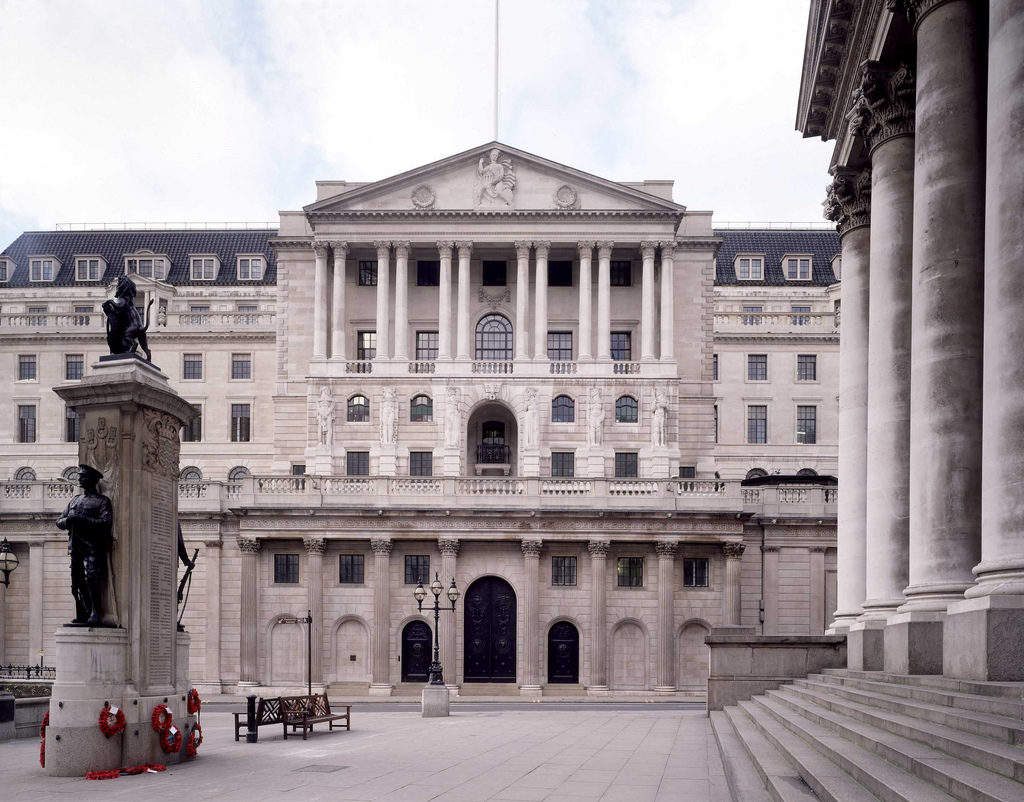
At a book launch with one of the NACFB’s newer patrons last month, we got talking with some of our members about the legacy issues facing high street banks and the experiences some members had had with a high-profile, long-established bank that isn’t an NACFB patron.
The debate was principally about whether or not you can view the big established names as outmoded. For example, are high street branches being retained because they are profitable and continue to make good business sense, or are they being kept open simply because closing them generates negative headlines?
Among the (relatively) new kids on the block, for example, Aldermore chooses not to have a high street presence, whereas Metro Bank decides it wants to be there. But if Lloyds and HSBC et al were not putting up plate glass windows and nine-till-five staff, perhaps no alternative funders would bother either. Or maybe in the absence of such a culture, alterative lenders would reinvent the concept in the same sort of way as Apple’s shops don’t resemble anything that went before them.
Outmoded certainly isn’t a term I would use. Particularly in the leasing and asset finance field, there’s enormous variety in the types of asset being funded and the appeal of talking a deal through with a human being can drive a broker or client towards a lender that projects a friendly interactive experience.
The broker-client relationship is very different to the perception of the modern high street bank experience and is also different to the classic chat with an avuncular bank manager that is sometimes referenced as a way of how things were done in "the good old days".
What the heavyweight lenders have actually done very well is to embrace the technology that on the face of it looks at odds with their need to take premises on high streets. Challenger banks don’t necessarily offer a better experience for smartphone users, for instance, and their websites don’t necessarily set them apart from big established lenders.
How well do you really know your competitors?
Access the most comprehensive Company Profiles on the market, powered by GlobalData. Save hours of research. Gain competitive edge.

Thank you!
Your download email will arrive shortly
Not ready to buy yet? Download a free sample
We are confident about the unique quality of our Company Profiles. However, we want you to make the most beneficial decision for your business, so we offer a free sample that you can download by submitting the below form
By GlobalDataOne of the golden rules of marketing is to be consistent, and here is where a small alternative funder has an advantage over a high street bank because as a challenger they don’t need to try to be all things to all people.
If your bank has branches in towns across the country, chances are you want to appeal to individual savers, to offer instant access accounts with no minimum opening level, to give overdrafts to students, and so on. There’s a certain amount of dilution of the brand if that lender is also looking to make a loan of £10m to a construction firm. But hypothetical alternative funder "Newhorse" has no such risk of spreading the message too thin. "Newhorse" only lends to construction firms and only sums in excess of £1m. This clear focus puts a big tick in the "good marketing" box.
So on the one hand, "Newhorse" saves the expense of operating on the high street, but on the other hand it’s open to accusations of having all its eggs in one basket. Big established banks all around the world, and notably in the US, might have been expected to spread their eggs in enough baskets to have enough left to bake a half-decent cake, but as events in 2008 show, it’s possible to drop all the baskets … at which point all that plate glass could stop being an asset and start looking vulnerable.
Adam Tyler is CEO at the NACFB







